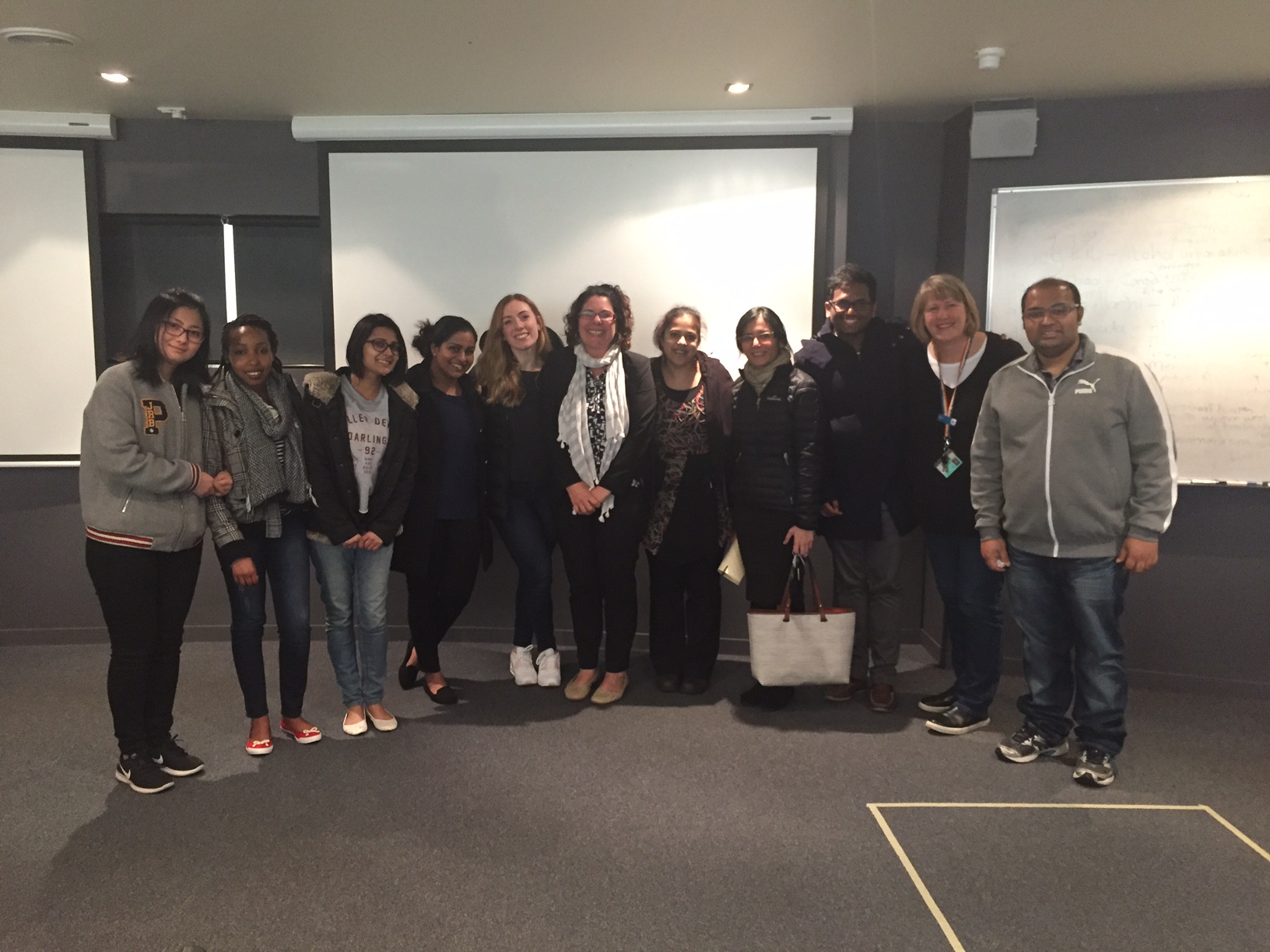“Sex, Study, Safety”: How peer-led programs champion sexual education
Co-design is crucial when developing programs and resources for specific groups. This is why, when creating the “Sex, Study, Safety program”, The Centre for Culture Ethnicity and Health (CEH) worked closely with the peer educators recruited from Deakin University.
Co-design would seem like an obvious first step when commencing any project, health-related or otherwise. Yet this is disappointingly not the case. Organisations across the world continue to roll out projects void of any discourse with the target demographic.
Consequently, the projects are often limited in their success and have low participation rates. For this reason, when designing the “Sex, Study, Safety” program, CEH created a peer-led model. Alison Coelho, co-manager at CEH, said, “We are proud to consistently use a co-design process when creating and iterating our programs. Combining the lived experience of international students with the professional expertise of community engagement officers ensures the content is relevant and accurate.”
As part of the program, international students educated their peers about BBV/ STIs, sexual health and healthy relationships. This style of education is vital. One of the peer educators, Heena Sinha, said, “The peer-led model is important because students are more comfortable discussing these issues with their peers rather than other health professionals from different backgrounds.”
The sexual and reproductive health of international students is an ongoing public health concern in Australia. Clinicians and health insurers have registered high rates of unplanned pregnancies, blood borne viruses (BBVs) and sexually transmissible infections (STIs). All these issues were addressed in the ‘Sex, Study and Safety’ project. The University of Adelaide found one in three abortions performed at the Women’s and Children’s Hospital in Adelaide involved international students.
The program established several factors behind these statistics. There is often limited sex education in the country of origin (particularly the case in Chinese and Indian communities). In Australia, a lack of translated resources further hinders students’ ability to navigate the health care system. Generally, it was also found that there was a lack of information around BBV/STIs and unplanned pregnancy.
Community engagement and projects officer, Aditi Sharma, observed that “Some of the Chinese students were not aware of the fact that you can get contraception by visiting a doctor here in Australia and you do not have to be over 18 or married to access contraception in Australia.
“Some of the students were not aware of the fact that you could get condoms in supermarkets here in Australia as in their home countries condoms could only be accessed through a local pharmacy. They were also not aware that you do not have to be married or over 18 to access a condom in Australia.”
These cultural differences can have a profound impact on the health of students. This is why “Sex, Study, Safety”, which continues to promote open conversation and information sharing, through the resources developed throughout the project, are a great model for future health programs.
CEH is currently seeking Filipino, Thai and Chinese peer educators for health education sessions. The casual roles pay $50/hour flat-rate.
For enquiries relating to these positions, contact Aditi Sharma at aditis@ceh.org.au
The centre for Culture, Ethnicity & Health (CEH) is dedicated to providing information, training, and help to community, organisations and local government sectors. For more information, visit their website. This piece has been submitted as a contribution by the CEH.
